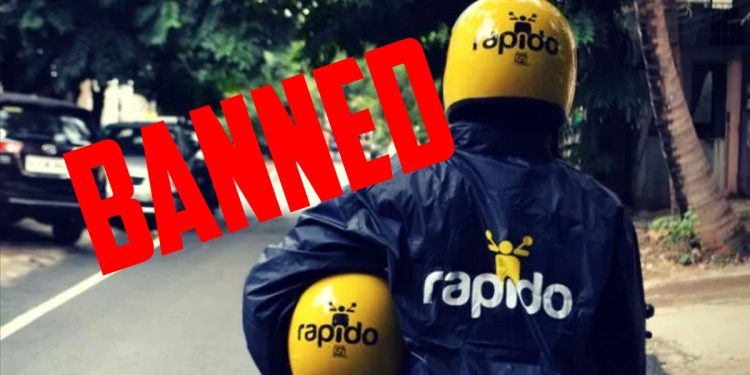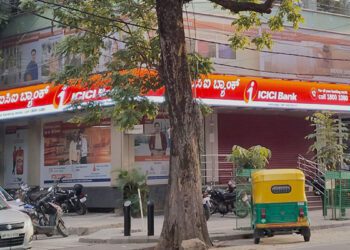The Supreme Court of India recently overruled the Delhi High Court’s order to allow bike taxi aggregators like Uber and Rapido to operate in the national capital. The court’s order prohibits these services from being provided until the final policy on non-transport bikes is announced. For those unaware, the Delhi transport department prohibited using bikes with private registrations to transport passengers in February of this year.
The Supreme Court’s decision comes after the Delhi government filed two petitions challenging the high court’s order allowing bike taxi aggregators to operate till the final policy on non-transport vehicles was formed. Rapido’s parent business had earlier petitioned the high court for relief from a Delhi government order ordering them to stop operating their bike taxis immediately. The government has warned aggregators that noncompliance might result in fines of up to Rs 1 lakh.
The Delhi government has given its word to the apex court that it will establish guidelines and licensing policies for bike aggregators by the end of July, in order to regulate their operations.
The parent firm of Rapido contended that the Delhi government’s actions violated the intent of the Motor Vehicle Act 1988, which has yet to give standards for the use of non-transport bike for aggregation and ride-sharing purposes. In New Delhi, bike taxi aggregators have been operating in a regulatory grey area due to the city’s lack of particular legislation controlling their services. Bike taxi advocates claim they provide economical and convenient last-mile connectivity, relieve traffic congestion, and create job opportunities. However, critics express concerns about driver safety, a lack of proper licensing, and potential driver exploitation.
The Supreme Court’s decision to prohibit bike taxis in New Delhi underscores the court’s concern about the lack of a defined legal framework for these services. By rejecting the high court’s decision, the Supreme Court emphasized the importance of the Delhi government developing a comprehensive policy controlling the operation of bike taxis. This verdict effectively puts a halt to the operations of bike taxi aggregators such as Uber and Rapido until such laws are implemented.
The Supreme Court’s ban on bike taxis has huge ramifications for New Delhi’s ride-sharing business. Bike taxis have grown in popularity due to their low cost and time-saving characteristics, particularly over short distances. The ban affects not only bike taxi aggregators, but also the livelihoods of thousands of drivers who work for these platforms. Commuters who rely on bike taxis for daily mobility will also have fewer options and may suffer significant inconvenience. This decision emphasises the government’s urgent need to develop clear standards and regulations that combine the benefits of bike taxis with safety and proper licencing.
The Supreme Court’s decision to ban bike taxis in New Delhi has reignited debate about the services’ future in India’s capital city. While the court’s decision answers concerns about the lack of a regulated framework, it also interrupts the operations of bike taxi aggregators and has an impact on drivers’ livelihoods. The restriction highlights the significance of developing comprehensive guidelines for bike taxis that prioritize safety, proper licensing, and the interests of all stakeholders. As the Delhi government works to finalize its policy on non-transport vehicles, finding a balanced strategy that allows ride-sharing to thrive while resolving regulatory concerns is critical.



















